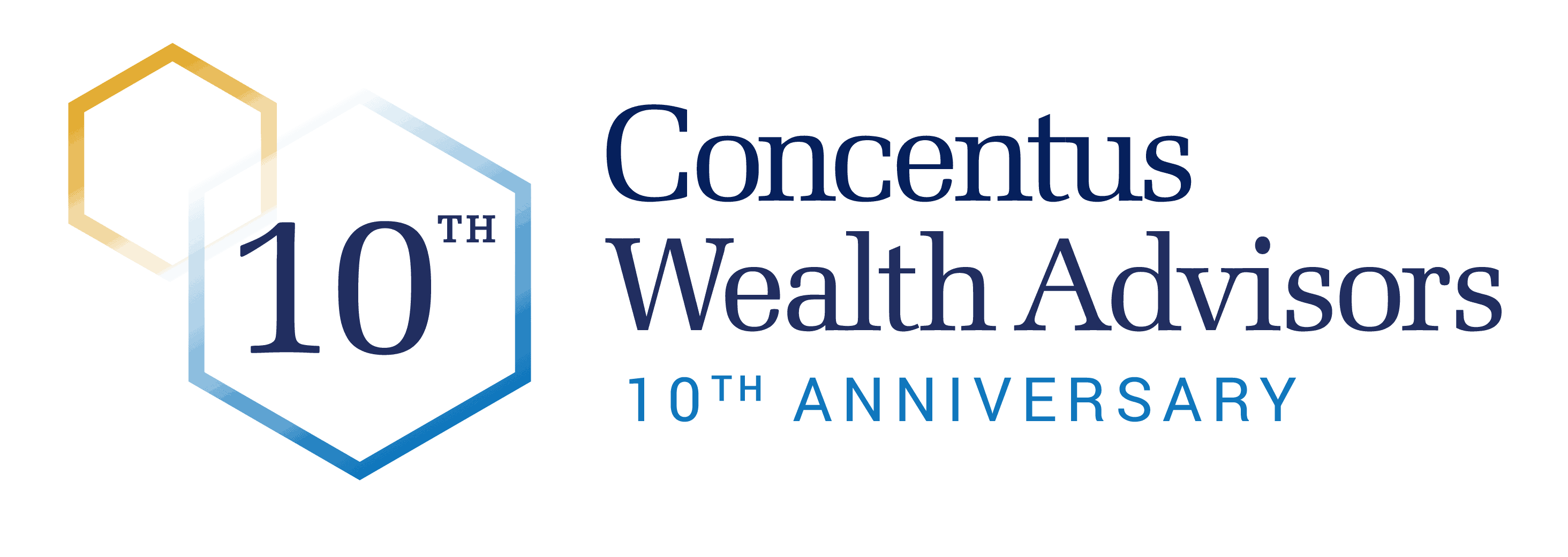In my last blog, we discussed an important challenge successful families face. Many have a persistent fear that their success and the affluence and wealth that come along with it may hinder their children and grandchildren. They fear that growing up affluent can become a major handicap to their kids’ successful development and happiness.
Although we may be proud to provide a comfortable life for our kids and grandkids, the flip side is that it can be a great disservice, robbing them of the self-confidence and satisfaction of earning and saving their own money and enjoying the fruits of their own labor. Ironically, in our desire to provide them with all the material blessings of the world, we may be stealing from them one of the most important emotional and spiritual blessings: pride in their own personal accomplishments.
As I’ve discussed previously, I believe that it is very important that “legacy planning” should include a transition of your values to future generations, not just your money. It is equally important to bequeath your human, intellectual, and social capital to your family as it is to divide up your financial capital.
But how can you do that? It is easier said than done, and this process is much more difficult than just writing up an estate plan to divide your financial wealth. It requires a constant process of reminding kids of the important values and habits that will equip them to be successful in life. In future blogs, we will write about the tactics you might employ with your family, beginning here with a discussion of the key habits that must be introduced at an early age and then reinforced consistently as kids grow older.
Why the Rockefellers STILL Rule
The Rockefeller family is a role model for many families who hope to nurture high-impact family members over several generations. While your family probably isn’t Rockefeller-rich (so few of us are!), the family provides a wonderful example of what is possible. It’s not the size of the fortune involved that’s important, but rather the impact that the right traditions and family wealth management strategy had on them, which can be achieved by a family of any level of wealth.
John D. Rockefeller was an industrialist, oil tycoon, and great philanthropist in the early 1900s. He was the wealthiest man of his time. By the time of his death in 1937, his fortune was estimated to be over $1.4 billion. At the time, the nation’s entire GDP was $92 billion!
More impressive than that is the fact that the family has accumulated even more wealth and success since his death. The family’s financial wealth has enriched six generations of descendants and funded high-profile philanthropic efforts. The descendants of John Rockefeller include many successful business, political, and philanthropic leaders who continue to have a significant impact, including governors, senators, CEOs, and other business leaders.
The Rockefeller family was able to blossom because the family focused on building traditions and rules for the stewardship of their financial wealth and on developing strategies to cultivate the family’s skills, capabilities, habits, traditions, and character. John Rockefeller, Jr. took the lead in creating these systems and is largely credited with the ongoing success of the family. After his father’s death, John Jr. established a family office to manage the family fortune and educate future generations. The family office has been intensely focused on giving future generations a strong education in financial literacy and grooming them to be proper stewards of the family wealth. In fact, the Rockefeller family adopted a family mission statement which persists to this day:
“To grow the human and intellectual capital of the family.”
The Rockefeller Rules
John, Jr. was intensely focused on ensuring that the heirs to his father’s fortune would always respect a set of key values about money, and he worked hard to ensure that the entire family adopted the following principles:
- An appreciation of money and material goods and an understanding that money and possessions must be the product of hard work
- A strong work ethic, sense of satisfaction, and self-esteem derived from work
- An understanding of the importance of saving, budgeting, and living within one’s means, as well as a taste of the accomplishment that comes with saving and growing one’s financial resources
- An appreciation for the value of contribution and using a portion of one’s earnings to give back
- Financial literacy skills and education in financial planning topics
- A respect for their roles as stewards of family wealth and the importance of helping to preserve and enhance the financial well-being of the family
In their book, Kids and Cash (1979 Oak Tree Publications), written about the Rockefeller family, authors Ken Davis and Tom Taylor put it this way:
“According to Nelson Rockefeller, the one-time Vice President of the United States, his father John D. Rockefeller, Jr. gave each of his five sons an allowance. ‘We got 25 cents a week and had to earn the rest of the money we got.’ To earn part of that extra money, he raised vegetables and rabbits … ‘We always worked. All the boys were required to keep personal daily account books. They were required to give 10 percent of their income to charity, to save 10 percent, and to account for all of the rest.’ They had to balance their account books every month and to be able to tell what happened to every penny they earned.”
This passage eloquently articulates a strategy that was used by one of the most successful multi-generational families in American history and which any of us can follow to ensure that our success will last for many generations. No matter how wealthy the Rockefeller family became, John D. Rockefeller insisted that his children followed these critical rules from a very early age:
- You work for your money; it is not given to you without work.
- You save a portion of all that you earn.
- You give away a portion of all that you earn to charity.
- You keep track of every penny that goes in and out of your life.
In bestowing these habits on his children and insisting that they practice them, Rockefeller ensured that his family’s fortune would last for generations. Indeed, it could be argued that these habits were, in fact, a more valuable inheritance than the many millions of dollars that Rockefeller passed on because it was these habits that enabled the heirs to keep and grow the family fortune over many years.
The Rockefellers remain wealthy today because each generation learned at a young age to spend their money only after they have earned it, saved a portion of it, and given another portion of it away.
And you don’t have to be as rich as the Rockefellers to adopt these simple rules in your family!
About VALUABLES
Many financial advisors focus on communicating with clients to provide complex analysis of the investment markets and economies. However, we have learned that most clients are not particularly interested in this complex analysis. Most clients hire an advisor for their knowledge of the markets, not for their ability to explain that knowledge. Most want to know what time it is, not how to build a watch.
Experience has taught us that wealthy families care most about using their wealth as a means to a desirable end, which is to achieve a more satisfying, fulfilled and impactful life, and to fulfill their most important Life Values.
VALUABLES is a periodic article series focused on the concepts, systems, and habits which we have observed among families who have been successful in this quest to use their wealth as a tool to live a life of significance. The most successful families share a set of habits, systems, and insights which enable them to use their wealth as a tool to fulfill their Values and what is most important to them.
We named this article series VALUABLES, because it provides an exploration of those habits, systems, and insights. We hope it will help you to consider your assets and possessions which are most valuable to you, and how you can use your financial wealth to enhance and cultivate your true “Valuables”.


John D. did a great thing and it paid off for his family. We all hope it works for us!
Interesting info! Thx!